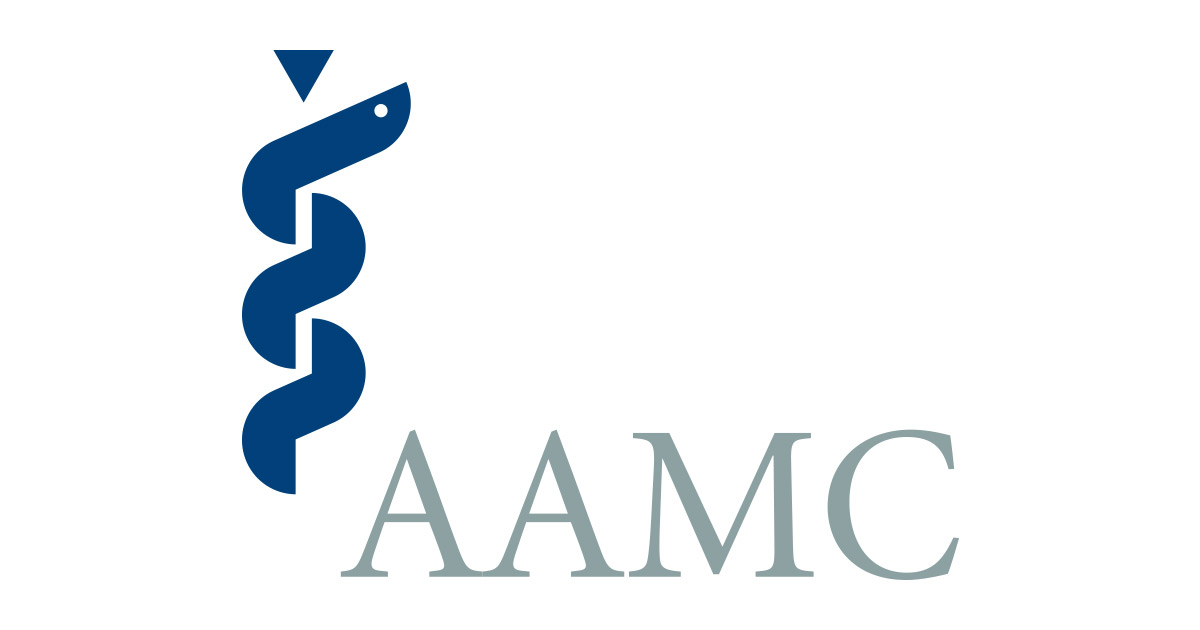dscmn
Full Member
- Joined
- May 5, 2024
- Messages
- 29
- Reaction score
- 3
Yes I know this topic has been discussed a lot of times and the majority of people answered major and school does not matter but I heard people saying otherwise and wanna do some fact-check
1. A doctor I met at a clinic went to ivy league for undergrad. She said school does matter. Some random person on reddit yapped about how Johns Hopkins premed has 90% acceptance rate to med schools. Is this true?
2. This link says major rigor does not matter. However, it says a person who done a difficult major may get a little 0.1-0.3 gpa leeway. I view that pretty substantial.
Also, another doctor I met who worked at admissions told me major rigor does matter
Is this true?
1. A doctor I met at a clinic went to ivy league for undergrad. She said school does matter. Some random person on reddit yapped about how Johns Hopkins premed has 90% acceptance rate to med schools. Is this true?
2. This link says major rigor does not matter. However, it says a person who done a difficult major may get a little 0.1-0.3 gpa leeway. I view that pretty substantial.
Also, another doctor I met who worked at admissions told me major rigor does matter
Is this true?
Last edited by a moderator:



